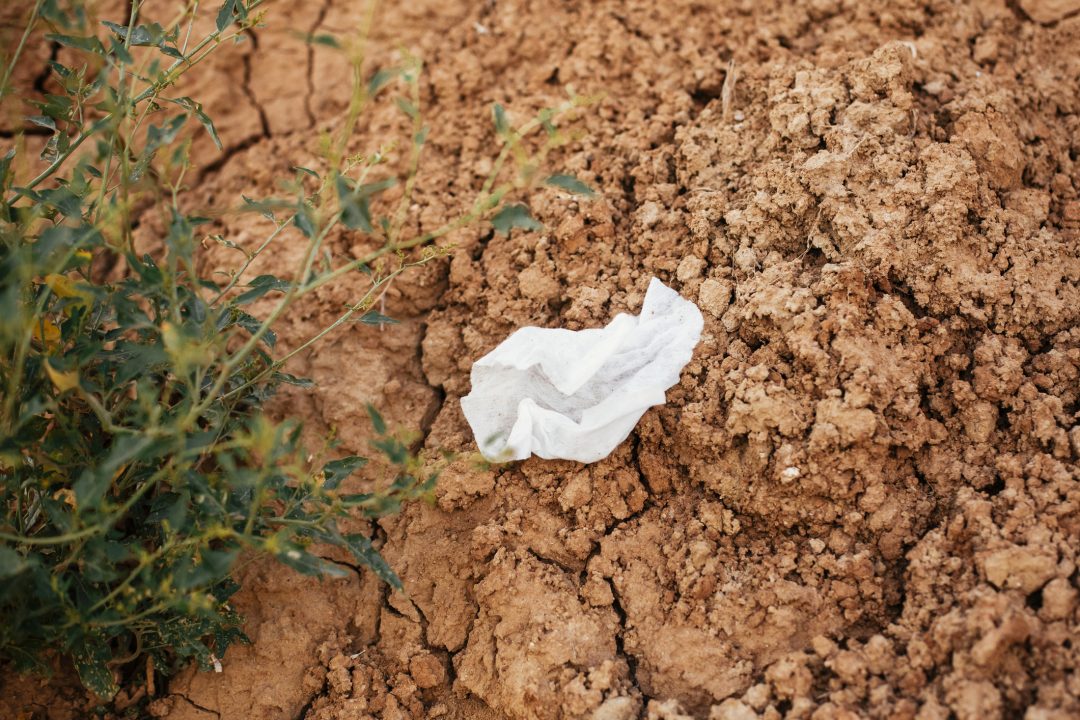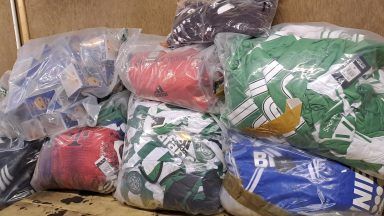Dangerous pathogens including norovirus and E.coli “colonise” plastic waste washing up on Scottish beaches long enough to cause harm to swimmers.
Researchers found imperishable items including cotton buds and wet wipes contained “concentrated reservoirs” of bacteria which could be picked up by humans after being pulled from popular bathing waters.
The team from Stirling University also uncovered evidence of ‘faecal bacteria’ present on the sewage-associated items collected from locations in the Firth of Forth Estuary.
“Shocking” levels of waste were hauled from beaches along the East coast of Scotland by scientists – including at spots such as Aberdour Silver Sands and Portobello Beach.
Researchers said certain species of the naturally-occurring bacteria vibrio, some strains of which can cause a ‘severe upset stomach,’ were found clinging to sand-covered wet wipes despite being washed onto beaches by the tides.
Professor Richard Quilliam, leading the research, also said they found ‘high resistance’ to antibiotics present in the bacteria on the wipes and cotton bud sticks.
He added: “We all know that sewage waste on our beaches is unsightly, but it could also be a risk to public health.
“Some of the plastic waste we have recovered could be from legacy sewage spills that have persisted in the environment, but the volume of waste we are seeing is shocking.”
The research, part of the £1.85m Plastic Vectors project funded by the Natural Environment Research Council, investigates how plastics in the environment can help transport bacteria and viruses, and the impact that may have on human health.
PhD researcher and lead author of the study, Rebecca Metcalf, added: “Finding faecal bacteria could also indicate the possibility of other human pathogens such as norovirus, rotavirus, or salmonella.
“The extent to which people could be exposed to these pathogens is beyond the scope of our study, but obviously there’s always a risk of children picking up and playing with wet wipes or other plastic waste on the beach.”
Follow STV News on WhatsApp
Scan the QR code on your mobile device for all the latest news from around the country


 iStock
iStock

























